Field Marshal Asim Munir's Visit to Washington Marks Pakistan's Strategic Victory
By Sania Kamran
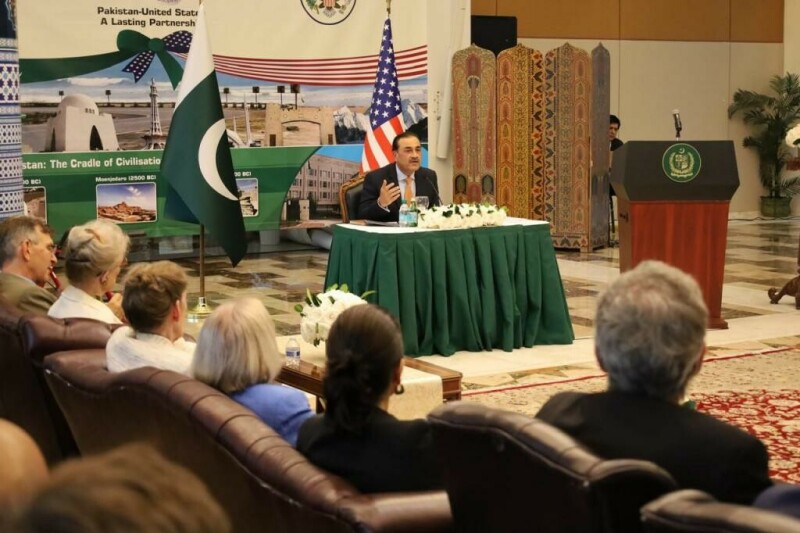
During his formal visit to the United States for a five-day ntended to strengthen military and strategic relations between Pakistan and the United States, Pakistan’s Chief of Army Staff (COAS) Field Marshal Syed Asim Munir engaged in a thorough and honest conversation with leading academics, policy experts, analysts, and international media representatives in Washington DC, as per a statement from the InterServices Public Relations (ISPR).
Deepening Pakistan's principled stance on important regional and world events through interactions with eminent US think tanks and strategic affairs organizations, the COAS enhanced awareness of the country's strategic vision.
Pakistan's Chief of Army Staff (COAS), Field Marshal Syed Asim Munir, has reaffirmed the country's strategic maturity, diplomatic ability, and unwavering commitment to peace and collaboration in an era of global volatility, regional tensions, and growing geopolitical complexities via a highly successful formal trip to the United States.
Including a historic luncheon meeting with President Donald Trump at the White House, Field Marshal Munir's five-day trip to Washington, D.C., was unprecedented not only for being the first of its kind by a serving Pakistani army chief but also for how it expressed Pakistan's fair, ethical, and forward-looking vision. His honest and assured interaction with high-ranking US officials, international think tanks, and media outlets reflected a revitalised diplomatic vision coming from Pakistan's military command in this day of changing alliances and growing distrust.
The clarity of Pakistan's strategic position, as stated by COAS Munir, stood out. He emphasized that the historic convergences between Pakistan and the US—especially in counterterrorism, regional peace, and economic cooperation—remain as relevant today as ever because of the "huge potential for a wider, multidimensional relationship based on mutual respect."
Significantly, he presented a history of terrorism based on facts, preparedness, and policy discipline clear from uncertainty. He boldly pointed out how some local non-state actors using terrorism as a weapon of hybrid warfare caused instability. Rather, he highlighted Pakistan's great sacrifices in the worldwide fight on terror—over 90,000 lives lost and $150 billion in economic losses—and reaffirmed the nation's continuing dedication to a rulebased international order.
The COAS's address to US think tanks and policy organizations also underlined Pakistan's unexplored economic potential in areas including information technology, agriculture, and mineral mining. This was a call for cooperation based on mutual benefit and shared prosperity, not only for funding. By doing this, Pakistan's foreign policy aims for peace not patronage, cooperation instead of conflict.
Field Marshal Munir's capacity to honestly and strategically address Pakistan's security issues and goals was another great accomplishment of the visit. His allusions to military operations from MaarkaeHaq to Operation Bunyanum Marsoos were not chest-thumping displays but reminders of Pakistan's operational legitimacy and ethical restraint.
The meeting with President Trump wasn't only symbolic. Reports show that the two leaders covered a wide range of subjects including trade, artificial intelligence, and energy to cryptocurrency and new technologies. This multifaceted approach points to a change from only security-driven involvement to a more complete relationship architecture—a change that is both timely and absolutely necessary.
Under Field Marshal Asim Munir's direction, Pakistan's worldwide story has acquired strategic credibility. His trip is a major diplomatic victory for Pakistan as it assists to rethink the nation's relationship with the United States on the foundation of common interests, respect, and long-term vision.
This trip has strengthened a basic but strong message: Pakistan is available for interaction, dedicated to peace, and ready to lead with integrity and direction as it negotiate turbulent regional waters ranging from the volatile Middle East to delicate South Asian dynamics.
This change in attitude is proven by the acclaim from international delegates who recognized COAS Munir's opinions' "openness and clarity." This was a much-needed reset for a nation often misunderstood on the world stage.
Pakistan's prospects in the global arena depend on leaders able to combine strategic realism with moral diplomacy; Field Marshal Asim Munir has demonstrated he is one of them.
Comments
Most Read
U.S. Ambassador Expresses Interest in Visiting Koh Samui — Ranked 7th Best Island in the World by Travel + Leisure
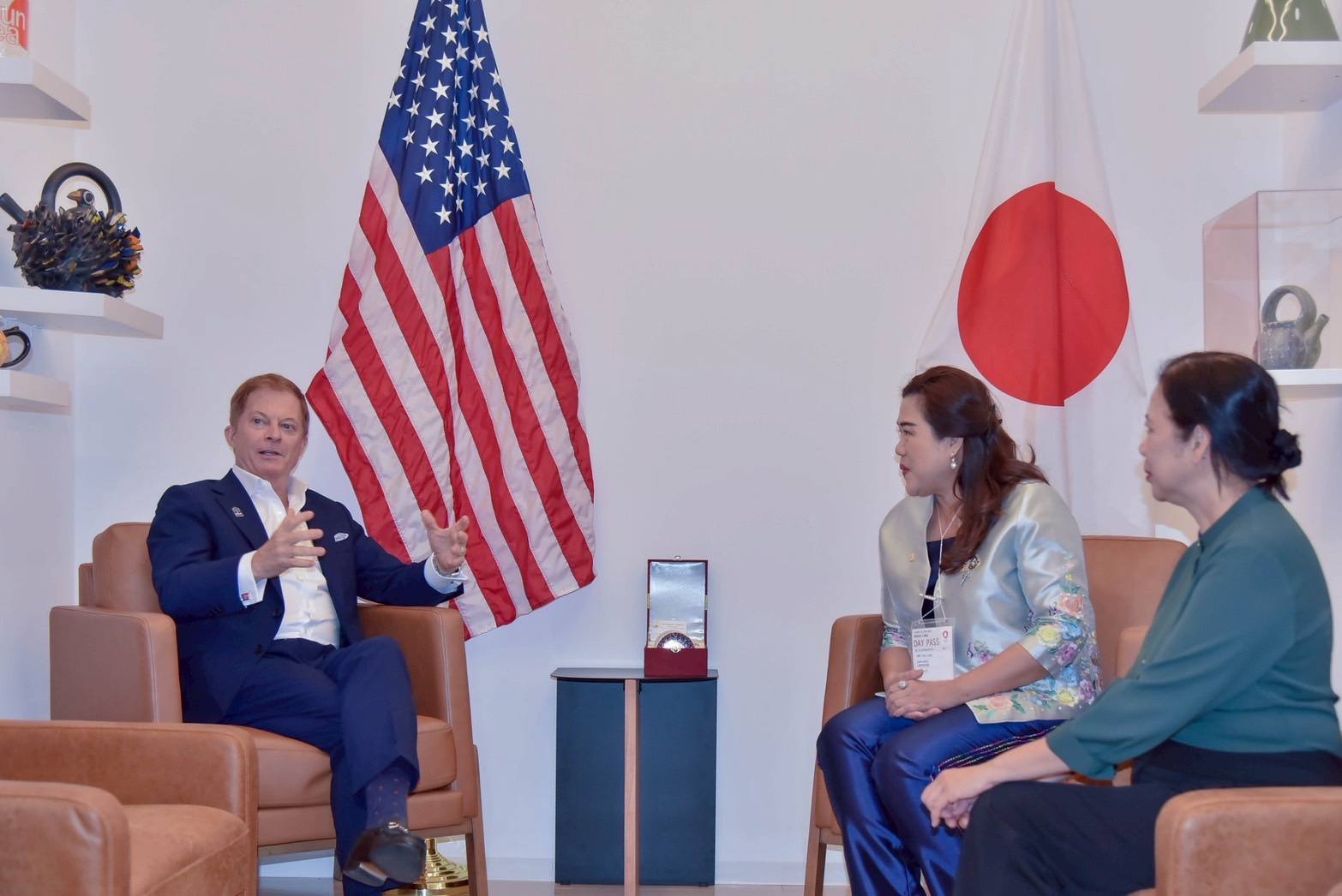
President Zardari Pays Homage to Martyred Army Officers in Bannu and South Waziristan
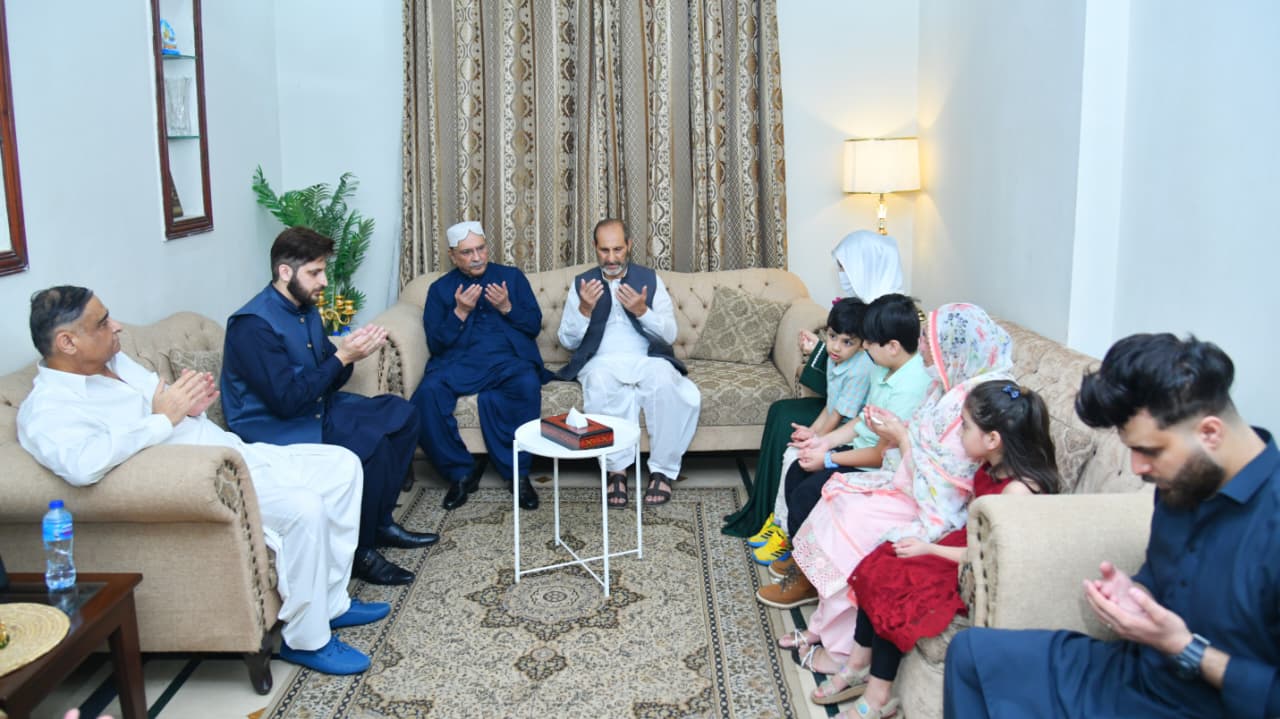
Pakistan Embassy in Thailand to Hold Khuli / E-Kachehri for Community
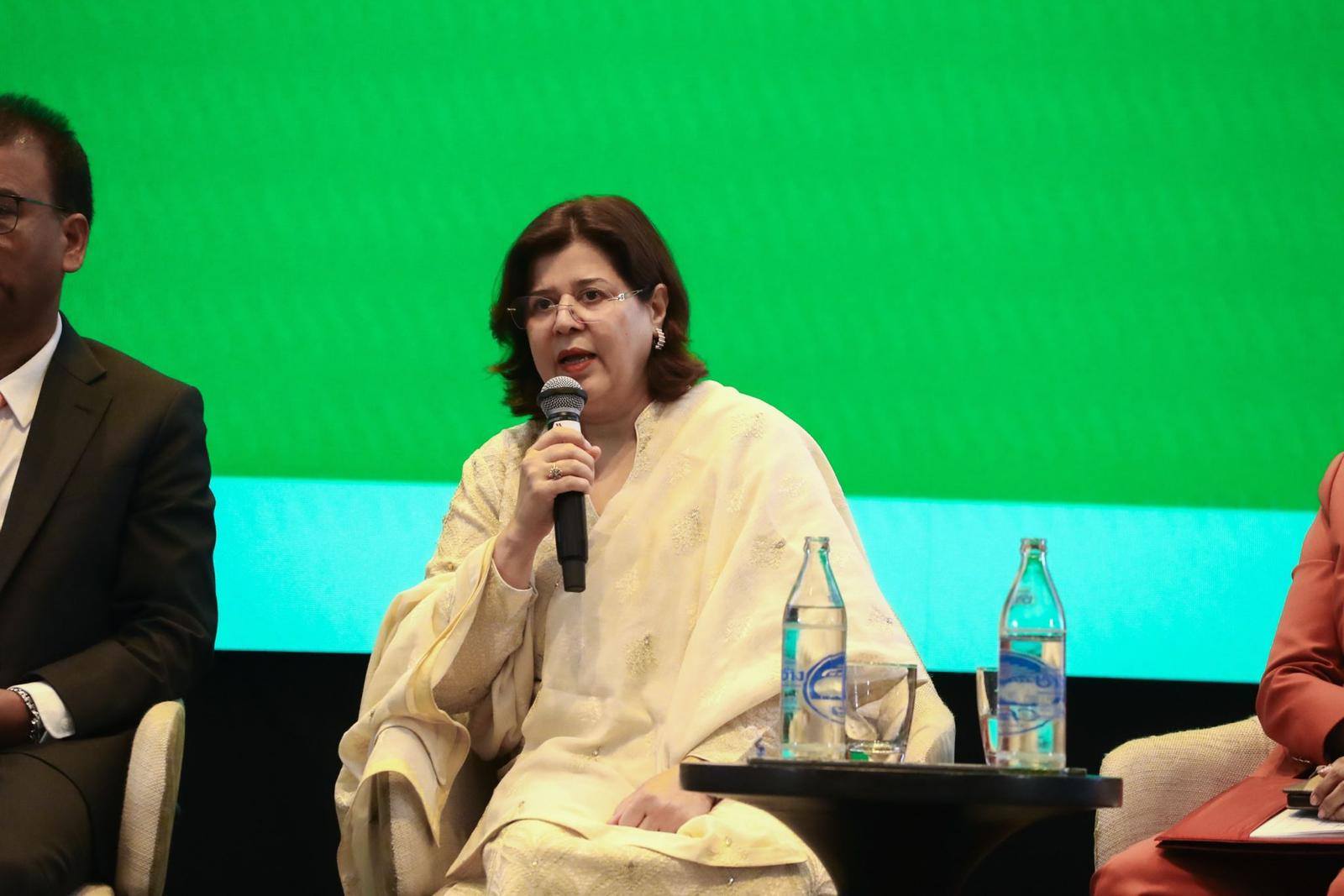
PPP Demands Agriculture Emergency and Immediate Relief for Flood Victims
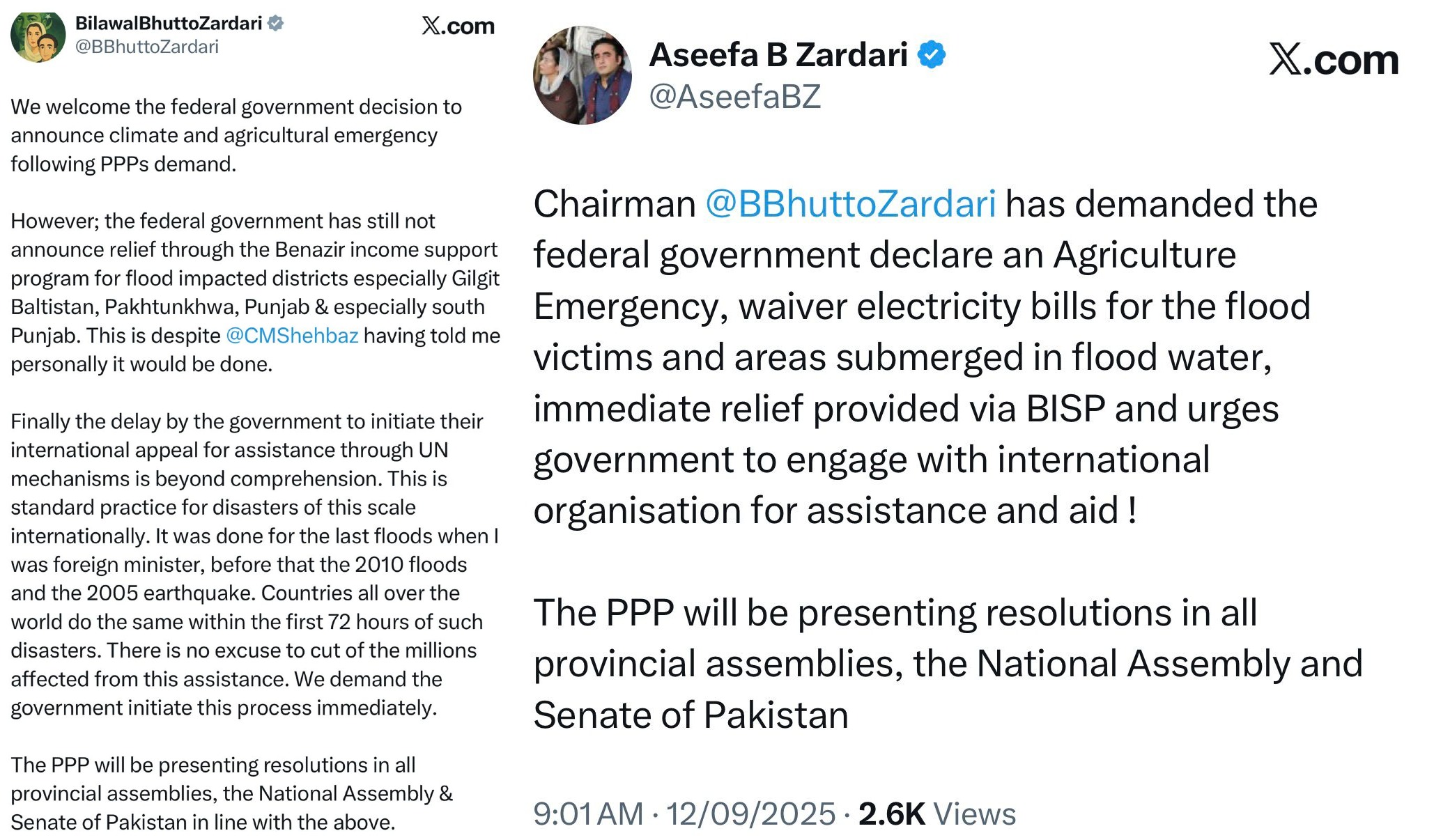
President Zardari Commends Security Forces on Elimination of Indian Proxy Terrorists
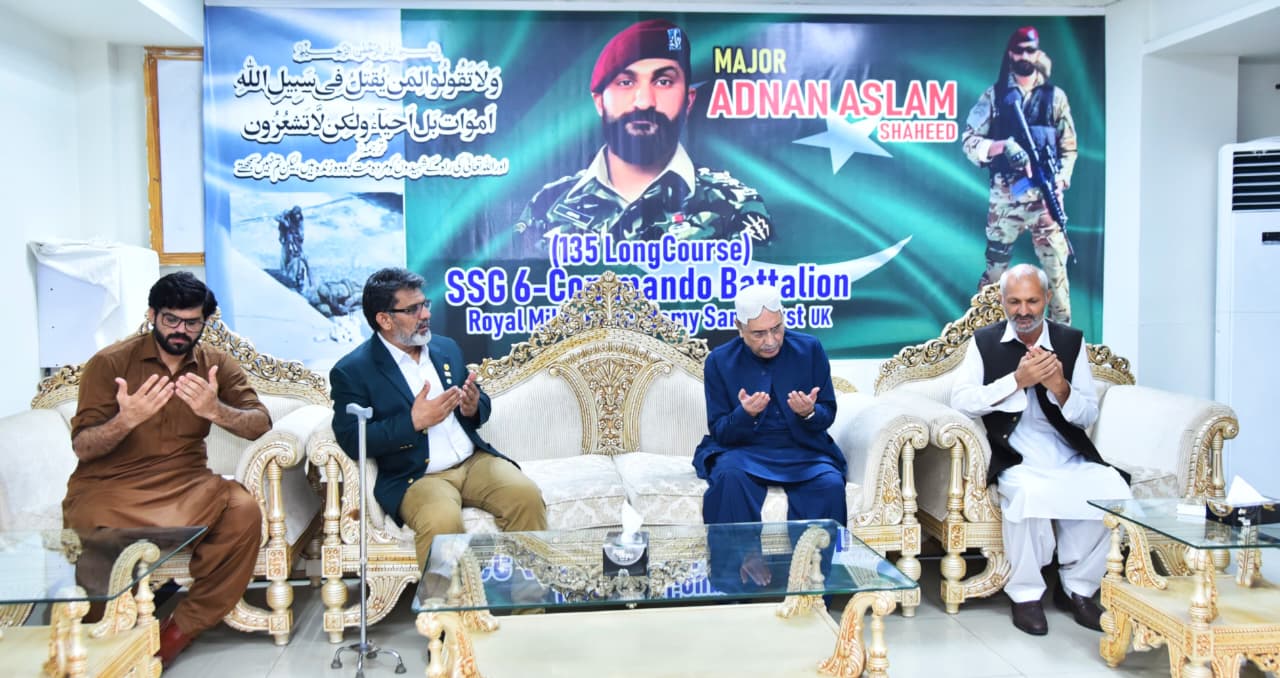
Important Seminar Held on 23rd Death Anniversary of Father of Socialism Sheikh Rashid
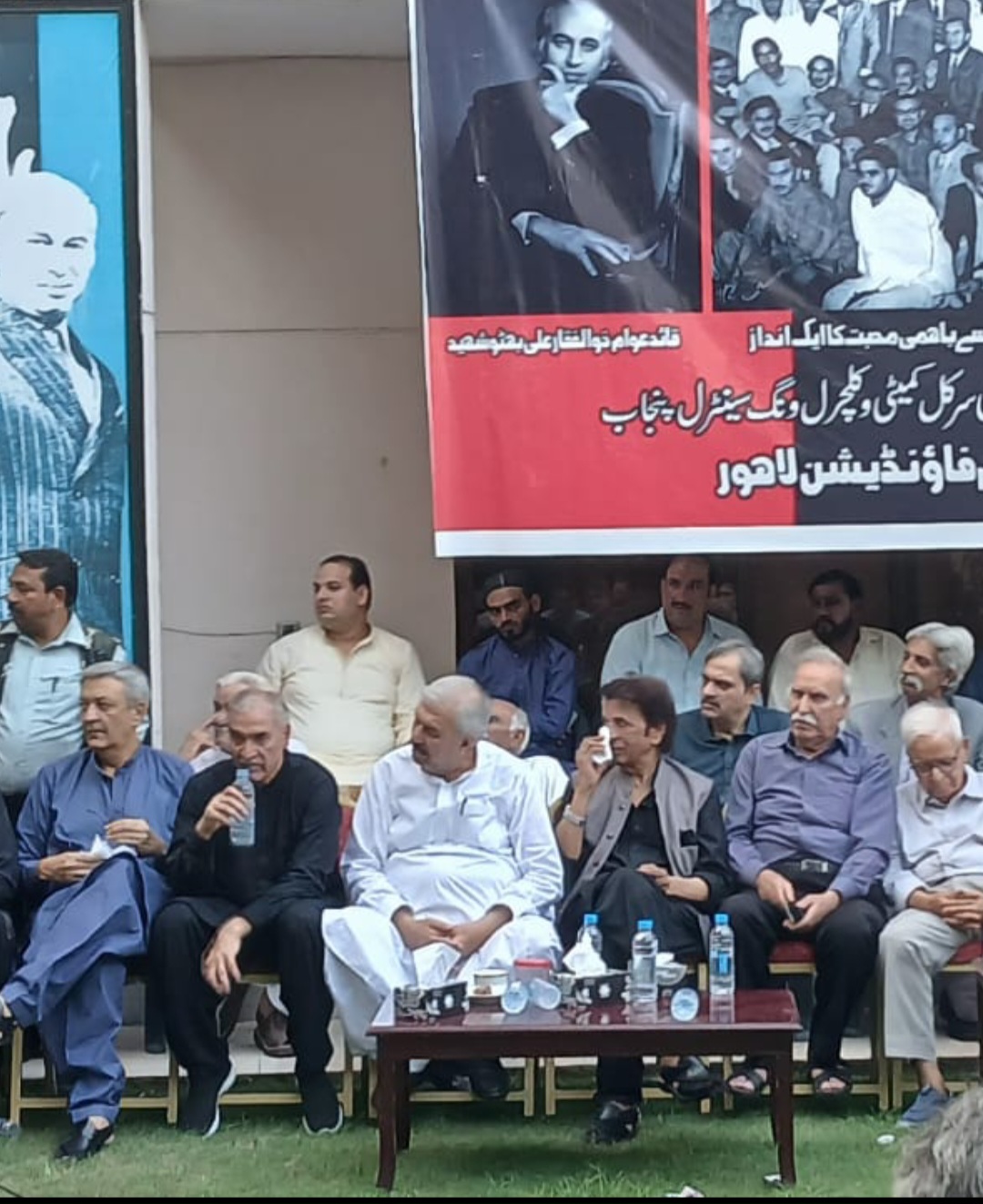
PPP Demands Government Utilize BISP Data for Flood Victim Relief Distribution
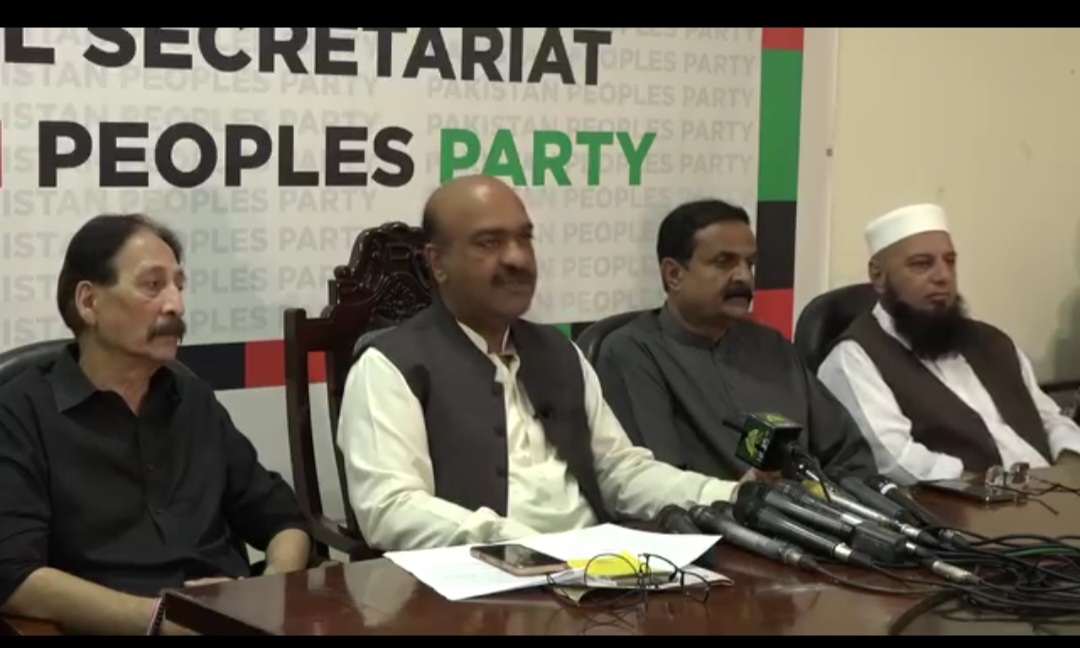

No comments yet.